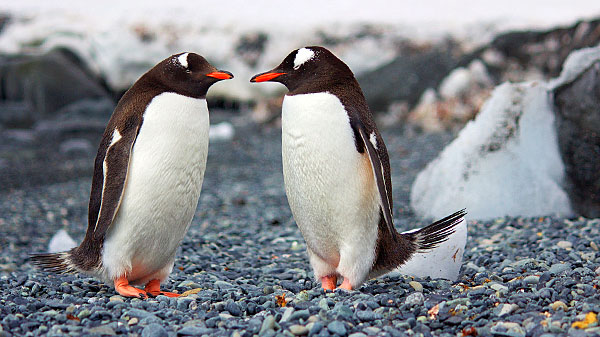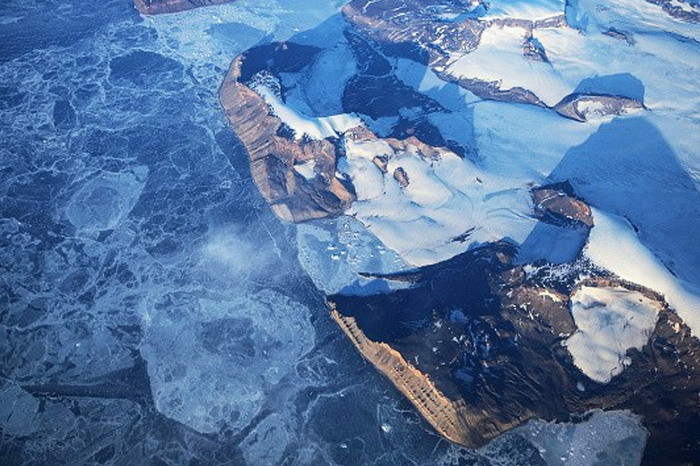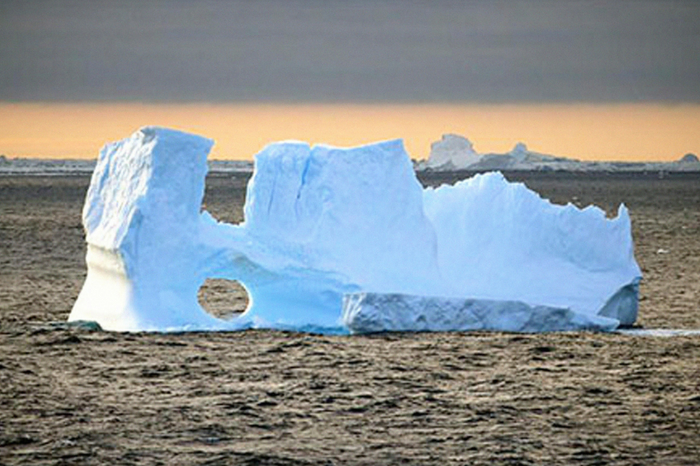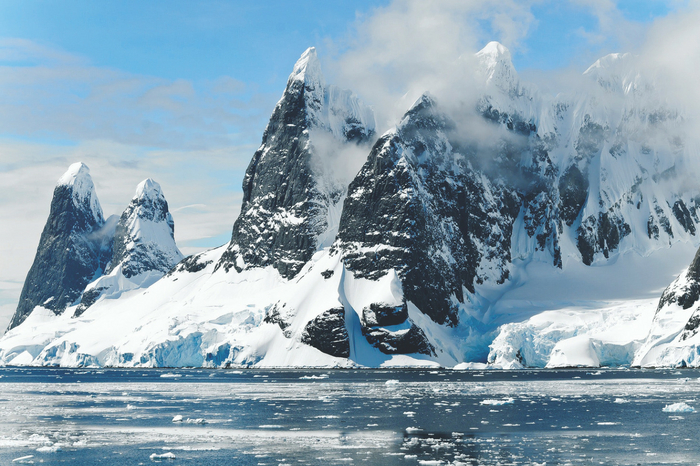
Cold Warring: The battle to own Antarctica has already begun
Ever since Antarctica was discovered by the Russians in 1820, its intimidating environment and inaccessible terrain have been subject to bizarre rumours, such as being a hidey hole for a bunch of fleeing Nazis planning the rise of the Fourth Reich from within its frosty grasp.

While such theories can easily be dispensed with by all but the most terminally credulous, it does leave us with one particularly perplexing question – why are so many countries around the world suddenly squabbling over who exactly owns this 14 million square kilometres of ice-locked land?
In truth, while the issue of land rights may have taken on a new lease of life of late, it has been a matter of some dispute since 1895 when a team of Norwegians first crossed its bleak boundaries. Among the first to stake a claim was Spain, which, claimed retrospective rights in light of a 1494 treaty that apparently granted dominion over all land to the south of the Strait of Magellan to the European country as part of its then-burgeoning empire.
Fast forward a few years and any such entitlements were dismissed out of hand by one of the most voracious land annexation initiatives the world has ever seen – the British Empire. Indeed, one 1920s memo from by Leopold Amery, Under-Secretary of State for the Colonies, unequivocally: “It is desirable that the whole of the Antarctic should ultimately be included in the British Empire.” And, by July 1923, it was.

Freshly co-opted into the Empire where the Sun Never Set, alarm bells rang throughout France, Norway, Argentina and Chile, with each trying to grab stakes in this frozen continent.
Such disputes dragged on until 1959, when the Antarctic Treaty came into place, through which all the 12 original claimants agreed that the continent could be treated as an international scientific reserve until 2048. And so it has remained, with all military activity, mining, nuclear testing and nuclear waste disposal forbidden within its bounds for a further 30 years yet.
With only three decades to go, however, there are already signs that a number of countries are already jockeying for position once all bets are off in 2048. As of 2015, a further 17 countries had inveigled their ways in as consultative partners under the terms of the original treaty, with many of them establishing their own ostentatious ‘research stations’, alongside those belonging to the original 12 signatories.

For its part, Russia has 12 scientific bases on various parts of the continent, while the US maintains a base at the South Pole proper, in itself an effective claim to the whole territory. Not to be left out of this snowy superpower standoff, China is busily building its fifth Antarctic outpost.
With unusual candour for Antarctic-related matters, Guo Peiqing, a law professor at Shandong’s Ocean University, says: “China’s exploration of the continent can be compared to playing chess – it’s important to have a position in the global game. We don’t know when the play will happen, but it’s clearly necessary to have a foothold.”

While, on the surface at least, the focus of this ‘global game’ is scientific investigation, there’s a reason all search research is solely focused on geologic matters. It is an open secret that all of the Antarctic-active nations are primarily interested in what lies below its frozen terrain, with the general expectation being that enough oil to fill over 200 billion barrels awaits whichever country ultimately secures the mineral rights.
With the technology of 2048 seen as being all but certain to overcome the logistical and operational challenges of accessing this vast oil resource, there are signs that the limits of the treaty are already being tested. Despite such activities being specifically forbidden, for instance, both Chile and Argentina maintain a permanent military presence on the continent. It is also suspected that many of the apparent research stations are actually little more than covert surveillance operations, continuously monitoring the activities of rival claimants to the Antarctic crown.

To complicate matters further, a new element has entered this scene of deep-frozen detente of late – tourists. In 2017-2018 alone, some 52,000 tourists braved the ice floes for a glimpse of Antarctica’s frozen majesty. While this may seem like a sleepy figure compared to other continents’ visitors, it does represent a robust 17% increase over the 2016-2017 period.
Despite this small number, the tourism industry’s annexation of Antarctica has already alarmed environmentalists. Indeed, a number of environmentalist groups have already highlighted the risk of such visitors accidentally introducing non-Antarctic native organisms into the region’s fragile biosphere or the disastrous fallout that could occur from any oil spillage from ships.
Given the events likely to occur 30 years down the line, however, such concerns seem to border on the irrelevant. With the superpowers’ drilling rigs likely to tear its landscape apart, it is unlikely that even most the ham-fisted of tourists could deliver any comparable blow.
Text: Suchetana Mukhopadhyay







